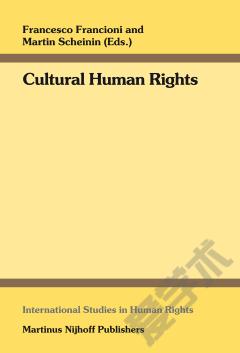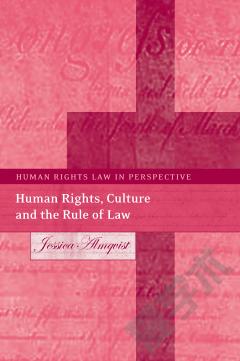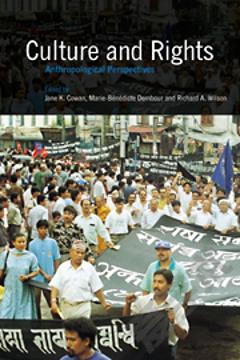The Culturalization of Human Rights Law
1. The debate on 'universalism' and 'cultural relativism' in international human rights law 2. The evolution of international human rights law in the first part of the 21st Century: new challenges and problems 3. Reconceptualising international human rights law through a culturally-based approach 4. The contemporary dimensions of 'universalism' and 'legal pluralism' in light of the 'culturalisation' of human rights law 5. Fostering tolerance, mutual understanding among peoples, and peace through a cultural-based approach to international human rights law Conclusion
{{comment.content}}








 京公网安备 11010802027623号
京公网安备 11010802027623号